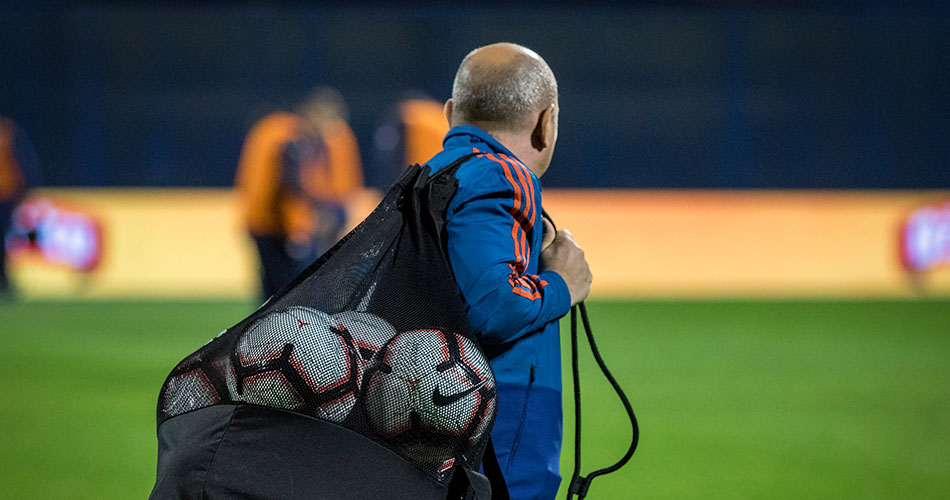Netflix Prize and Injury Prediction Prize
Some of you might be aware of the Netflix Prize, the competition sponsored by Netflix. Here is the Wiki text:
The Netflix Prize was an open competition for the best collaborative filtering algorithm to predict user ratings for films, based on previous ratings without any other information about the users or films, i.e. without the users or the films being identified except by numbers assigned for the contest.
The competition was held by Netflix, an online DVD-rental and video streaming service, and was open to anyone who is neither connected with Netflix (current and former employees, agents, close relatives of Netflix employees, etc.) nor a resident of certain blocked countries (such as Cuba or North Korea). On September 21, 2009, the grand prize of US$1,000,000 was given to the BellKor’s Pragmatic Chaos team which bested Netflix’s own algorithm for predicting ratings by 10.06%.
Which made me think – why don’t the “rich” clubs, such as Premier League clubs, or the whole National League that have multiple seasons of injury data and training load data create similar competition? Journals are filled with association-based explanatory papers (see my recent rants HERE and HERE), but are we actually able to predict the injuries? Can we actually solve the practical problems rather than showing significant associations (p<0.01)?
Hopefully someone from decision-making position is reading this short blog post, and hopefully some idea inception emerged in his/her brain regarding such a project.











Responses